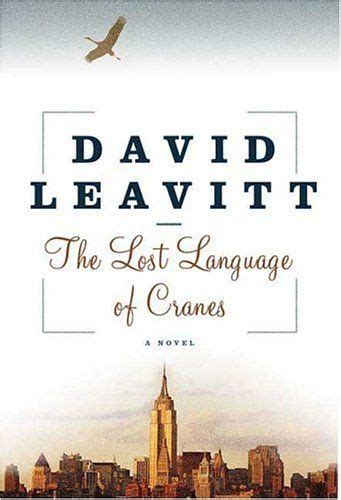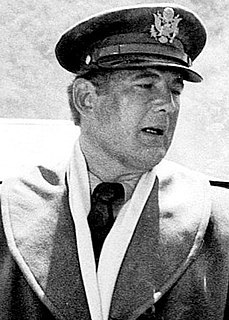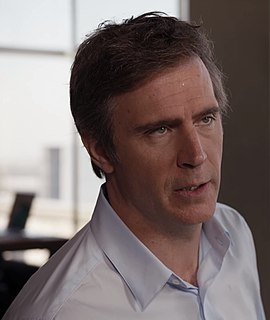A Quote by David Leavitt
The Term Paper Artist' represents two models of writing, one of the little boy bouncing his ball, generating stories for the sheer pleasure of it, and the besieged adult, writing to make a living, having to contend with a very competitive, very unreliable world in which public image counts.
Related Quotes
I started by writing short stories, but they weren't very good; I tried them on various magazines, and none of them was published. People were nicer then about turning you down, and so I didn't lose heart - I kept on writing and wrote a lot of books, one or two of which I finished, and others I didn't.
I started writing the book without realizing I was writing a book. That sounds stupid, but it's true. I'd been trying and failing to make a different manuscript work, and I thought I was just taking a break by writing some short stories. I'm not a very good short story writer - the amazing compression that is required for short stories doesn't come easily to me. But anyway, I thought I'd try to write some short stories. And a structure took shape - I stumbled upon it.







































